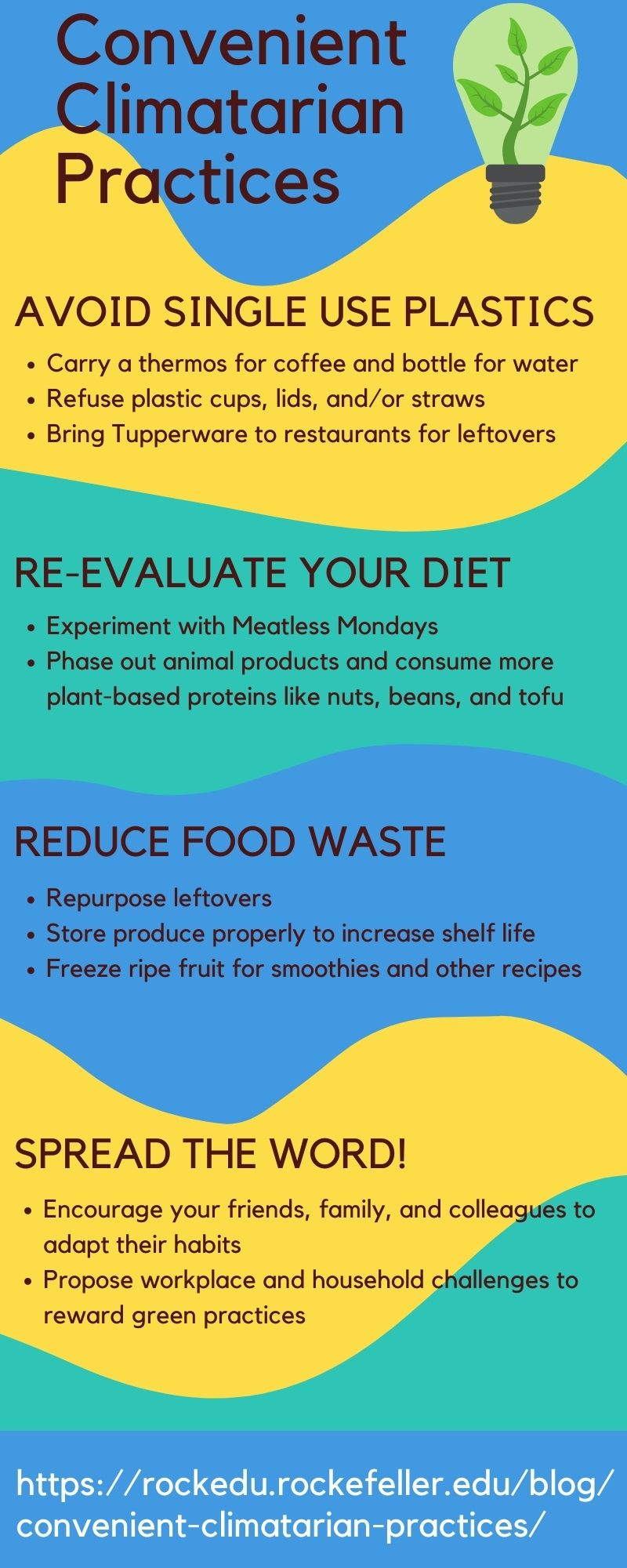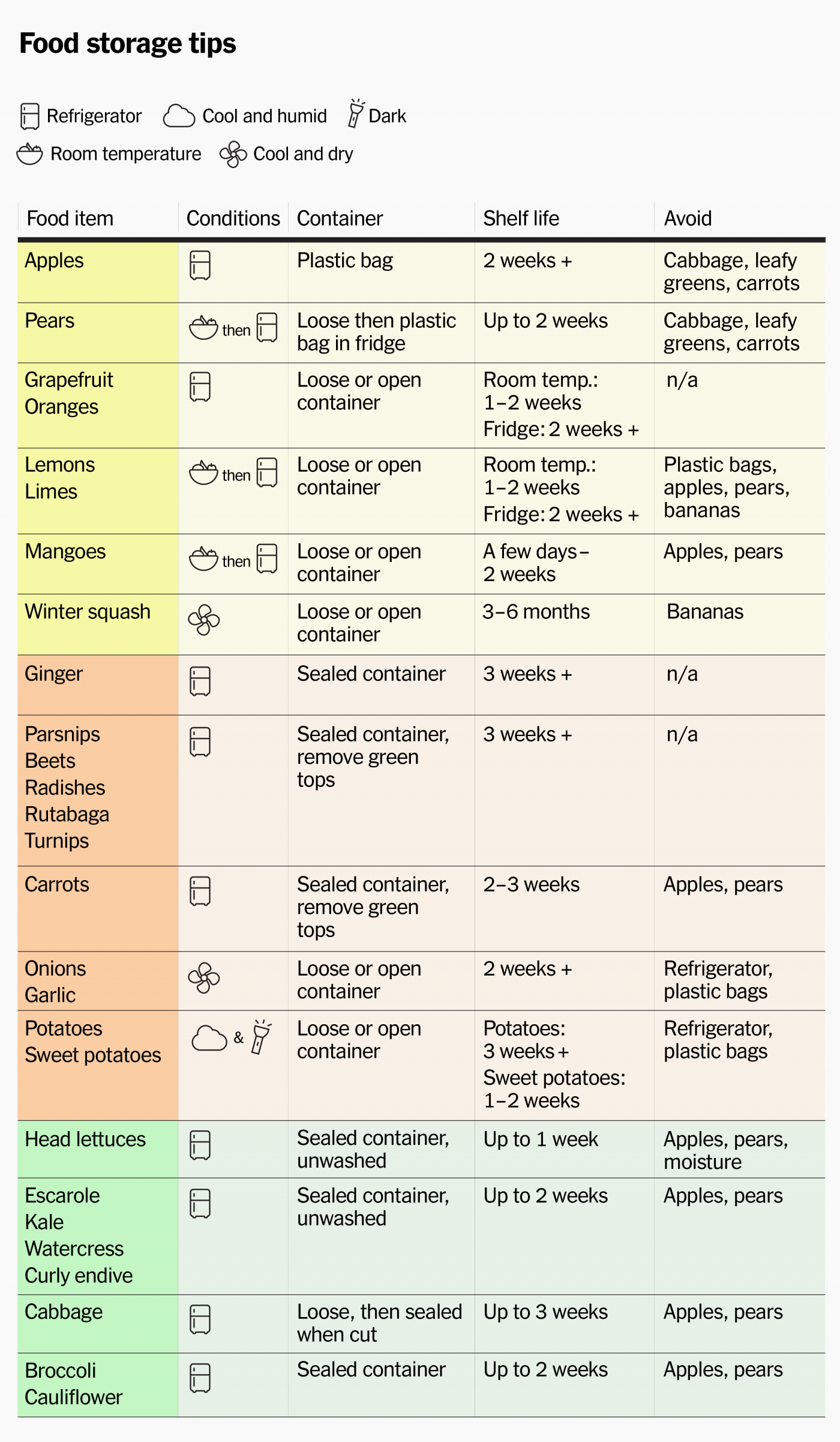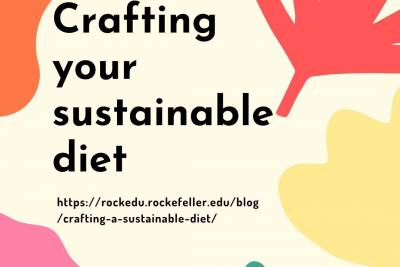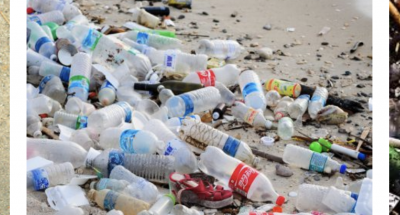Convenient Climatarian Practices
Regardless of your beliefs and intentions, reducing one’s carbon footprint requires time and effort. Each of us must decide how much of these precious resources we are willing to dedicate to fighting climate change. Ambitious goals like going zero-waste or committing to a 100% vegan diet can be intimidating. When we’re presented with circumstances that make our ultimate goals appear unachievable, it’s tempting to abandon our efforts altogether. If you were climbing a mountain and heard that the summit was inaccessible, continuing the climb might seem pointless.
However, it’s important to remember that going green is not all or nothing. Much like adopting an exercise routine, anything is better than nothing, and small initial efforts are a gateway to more significant progress. Below are some simple but meaningful practices you can implement to incrementally lessen your footprint and form sustainable habits.

According to a 2020 study by Ocean Conservancy, plastic beverage bottles, single-use cups, lids, and straws are the #3, #4, and #5 most commonly found trash items on beaches internationally. If your day feels incomplete without that morning cup of coffee or afternoon soda pop, try enjoying your beverage without the waste:
- Carry a thermos for coffee and bottle for water rather than using a single-use cup or bottle.
- Keep a coffee/tea mug at work.
- Save money and plastic by making your own coffee at home, and buy other beverages in bulk
- Get a reusable straw.
- If a barista gives you a plastic straw, lid, or cup without asking you, tell them you don’t want it. Even if they have to trash it this time, they’re more likely to ask the next person whether or not they’d prefer their beverage in a reusable mug.
- If you have to get a disposable cup, go without a lid and/or straw.
Takeout food containers was the eighth most common category of litter collected from our beaches in 2020. Here’s what you can do to cut back:
- Bring Tupperware to restaurants for leftovers.
- Order takeout from DeliverZero
- Invest in travel utensils, or better yet, take utensils you already own on the go.
Food waste is another major contributor to climate change, especially if it isn’t composted properly. Food that decays in a landfill produces methane, a potent greenhouse gas. Here are some tips to avoid wasting food:
- Store your produce properly. Separating certain fruits and vegetables can extend their shelf life by weeks!
- Repurpose leftovers in a stir fry, soup, or scramble
- Use overripe fruit for bread, jam, pie, or smoothies. You can also freeze ripe fruit for up to nine months.
- Compost food scraps in a worm bin or temporarily store compost in your freezer before dropping it off at a local site.

Graphic credit: Sarah MacReading
Changing your diet
It can be intimidating to commit to vegetarianism or veganism. Especially for people living with family members or partners who eat meat, such a change can feel unattainable. Cutting out animal products is difficult for athletes who struggle to consume enough protein, or for people with an already limited diet due to allergies. Sure, some people can eliminate meat from their diet “cold turkey”, but that’s not the only way to have a meaningful impact.
- Reduce your meat consumption by eating strictly vegetarian one day per week. This can be an opportunity to try new recipes and plant-based foods!
- When you do eat meat, take note of where it came from. Was it sourced locally, or factory farmed?
- Avoid packaged foods with excessively long lists of ingredients. Consider the energy and emissions that went into producing each one of those ingredients.
Challenge yourself to try one of these practices every week, either one at a time or cumulatively. Mix and match until you find the habits that work for you, minimizing your footprint while maximizing your other priorities. And don’t forget to spread the word to your friends, family, and colleagues!





